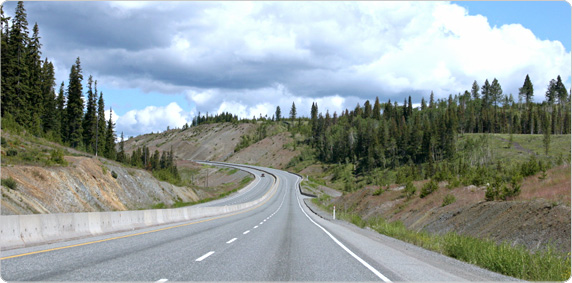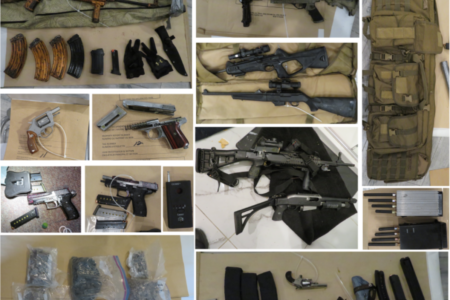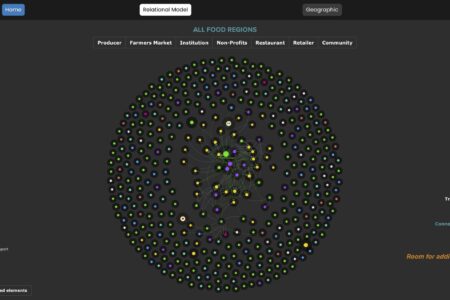Police will be targeting high-risk driving this long weekend
The first longweekend of what most believe is the start of summer also will see a stronger police presence on the highways throughout the province says the Minister of Transportation and Infrastructure.
Minister Todd Stone is asking the public, whether it’s a camping trip or a planned family visit, to allow plenty of time and focus on the road this long weekend.
“Our highways will be much busier over the long weekend as people head out of town on weekend getaways,” said Stone, Minister of Transportation and Infrastructure.
“Before leaving on your trip, check drivebc.ca for road and weather conditions so you and your family get to your destination safely.”
Every year over the May long weekend, an average of two people are killed and 490 injured in 1,700 crashes throughout B.C. On average, 68 people are injured in 260 crashes throughout the Southern Interior every year over the Victoria Day long weekend.
Police will be targeting all high-risk driving behaviours this long weekend including failing to yield, speeding, following too closely and ignoring a traffic control device, as part of this month’s high-risk driving campaign.
“Don’t take risks while driving that will endanger yourself or others,” said Chief Officer Neil Dubord, Chair of the B.C. Association of Chiefs of Police Traffic Safety Committee.
“Police will be out in full force across the province this long weekend targeting high-risk driving behaviours so that our roads stay safe for everyone.”
While some may consider these driving behaviours harmless, they contribute to almost half (44 per cent) of all police-reported crashes that result in injuries or fatalities on our roads.
“We need to shift our mindset about what we consider risky driving behaviour,” said John Dickinson, ICBC’s director of road safety.
“Failing to yield may seem harmless, but it’s a high-risk driving behaviour that leads to crashes every day on our roads. This May long weekend, pay extra attention to your own driving – take your time, leave a safe following distance and watch out for other road users, especially at intersections.”
ICBC tips:
-
Think ahead: If you’ll be taking a road trip, check the road and weather conditions for your entire trip at drivebc.ca before you head out. Even if the roads look clear, be realistic about your travel times since there will be more vehicles on our highways. Plan rest stops every couple of hours to avoid becoming fatigued while driving.
-
Get your vehicle ready: Long trips can be hard on your vehicle, so make sure it’s up to the drive. It’s a great time of year to give your vehicle a good check-up. Remember to check your engine oil, washer fluid and lights. Take a look at your tires too, including the spare, to make sure they are in good condition and properly inflated.
-
Watch out for vulnerable road users: Warmer spring weather encourages more motorcyclists, cyclists and pedestrians on our roads. We all need to share our roads together safely. As a driver, we have a particular responsibility to help keep vulnerable road users safe so actively watch for other road users and make eye contact with them so they know that you see them.
-
Keep your distance: Whether you’re going on a long or short trip, always maintain a safe travelling distance between vehicles. Allow at least two seconds of following distance in good weather and road conditions, and at least three seconds on high-speed roads or if you’re behind a motorcycle since it has a much shorter stopping distance.
For more tips, please visit icbc.com/road-safety.


























Comments